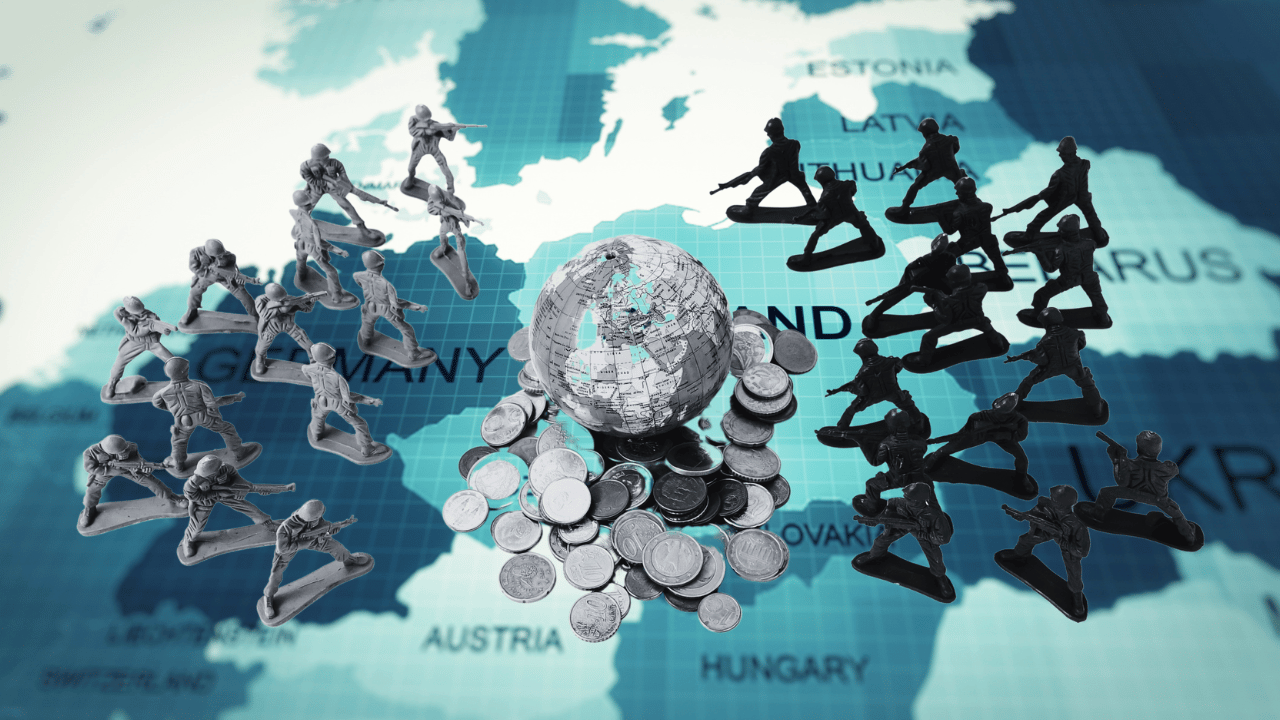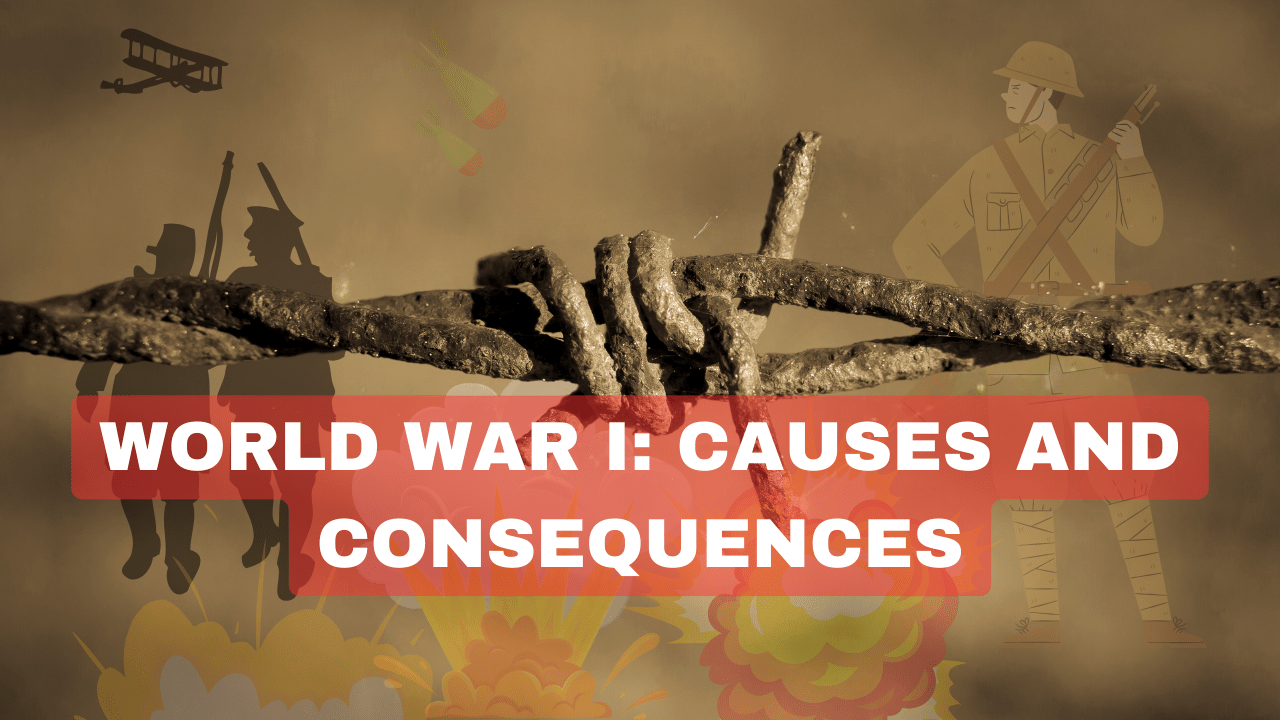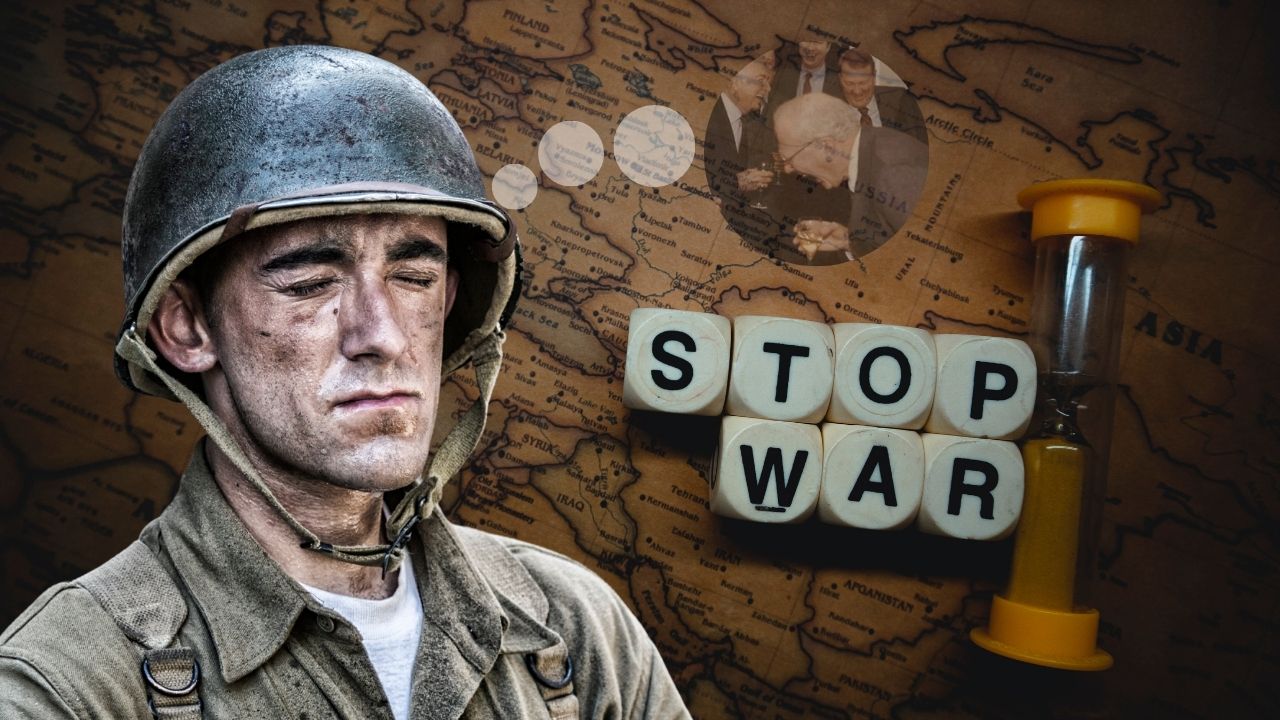Militarism: At the start of the 20th century, Europe was sitting on a bunch of bombs that only needed one spark to go off. In Europe, things had been going so badly for the past fifty years that peace could no longer be kept. Every country in Europe was competing to get better weapons. Things that were not pleasant, like the Franco-Prussian War, Berlin Congress, Bulgarian Question, the birth of the Triple Alliance, the Russo-German Dispute, the Naval Competition between England and Germany, the Bulgarian Question, the spirit of Imperialism, the Morocco Crisis, the Serajevo murder, and many other things.
Europe was split into two unfriendly groups by this point.
First group: England, France, Russia, Serbia, Japan, Portugal, Italy, the United States, Romania, Greece, Siam, Siberia, Cuba, Panama, Brazil, Guatemala, Nicaragua, Costa Rica,
Second Group: Germany, Austria, Hungary, Bulgaria, and Turkey were in the other group of Central Powers.
when did ww1 start?
The murder of Archduke Franz Ferdinand on June 28, 1914, set off a war between Austria and Serbia that slowly turned into a world war. Almost every country and race in the world took part in this war.
How did militarism contribute to world war 1
Militarism and the Armament Race: In the second half of the 1800s, violent nationalism, economic competition, and international tension led to a rise in militarism in Europe.
How did militarism lead to world war 1?
“Mlitarism includes two conceptions:
First, the dangerous and burdensome mechanism of great standing armies and large navies, with the evils of espionage, suspicion, fear, and hatred that come with them.”
Second, there is a strong group of military and naval officers led by the General Staff who tend to have more power than the civilian officials, especially during times of political unrest.
Why was militarism a cause of world war 1?

When Germany started to improve her navy, it competed with Britain’s navy and had an effect on other European countries as well. Every country started to build up its military because having a strong military was seen as a sign of national pride. Even though all of this military planning was done to protect the country, it led to a race for weapons that made everyone afraid, suspicious, and angry at each other. As military grew in European countries, it changed both their domestic and foreign policies. People were now sure that war was the only way to solve problems on a global scale.
So, militarization and the race to get more weapons split the big European countries into two hostile, well-armed groups. There was now only one thing left to do to start a fight.
When did the 1 world war end

The First World War ended in November 11, 1918. This day is important due to the signing of the Armistice between the Allies and Germany. It went into effect precisely at the 11th hour of the 11th day of the 11th month. It concluded the conflict on the Western Front, resulting in the suspension of hostilities and ultimately facilitating the formal peace agreement, known as the Treaty of Versailles, which was signed on June 28, 1919.
Was world war 1 avoidable?

Yes, it could have been prevented if the European nations had not succumbed to the desire for expanding territorial boundaries, accumulating wealth and collecting bullions, and engaging in a race for industrialization, arm races and among other forms of greed.
Therefore, it may be contended that a significant portion of the conflict could have been prevented if Russia and Germany had refrained from involvement. However, it is important to note that significant tensions already existed between several major nations before the war, and these opposing aspirations had a role in the escalation of the war.





